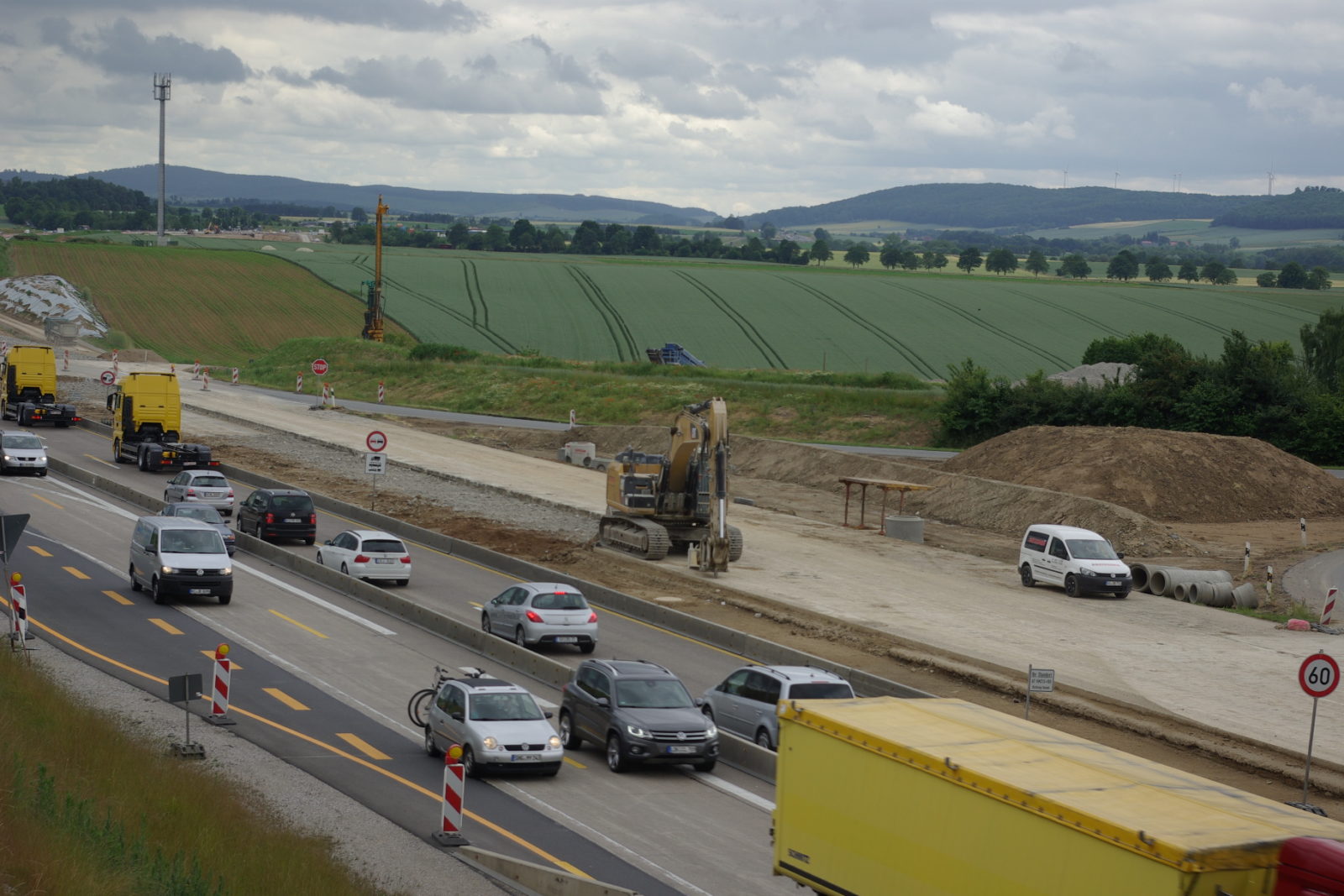Time and again, unexpected obstacles occur in road construction because excavated soil and road construction materials are contaminated differently than expected. Delays in the construction process, additional work and higher costs are the consequences. The correct application of waste legislation is a particular challenge for all those involved in the project, who have to deal with areas of law that are sometimes unfamiliar.
For this reason, the Lower Saxony State Authority for Road Construction and Transport (NLStBV) published a manual for the handling of excavated soil and road construction materials in 2014. The updated version has been available since 2019 and can be obtained on the Internet via the homepage [www.strassenbau.niedersachsen.de/startseite/service/downloads/qualifizierter-umgang-mit-mineralischen-abfallen-und-ausbaustoffen-im-strassenbau-122424.html]. The manual is currently being revised to take into account the new conditions of the Substitute Construction Materials Ordinance.
The update takes into account the updated laws, ordinances and decrees relevant to waste management as well as the sub-legal regulations at federal and state level. The catalogue of waste types considered has been expanded to include mineral waste from operational services and recycled construction materials that are supplied to road construction.
A look at the Closed Substance Cycle Waste Management Act: What is waste?
The basis for dealing with waste are the provisions of the Closed Substance Cycle Waste Management Act (KrWG). According to the Closed Substance Cycle Waste Management Act, waste is any substance or object that its owner discards, intends to discard or is required to discard (§ 3 para. 1 KrWG).
For road construction this means:
- Excavated soil and road construction materials that are used on the construction site in accordance with environmental regulations and in a manner that is expedient for construction purposes are not considered waste.
- If excavated soil and road construction materials leave the construction site, they are to be classified as waste.
For the assessment under waste legislation, it is not relevant that the finishing materials are in a other construction project can be put to good use. The road construction authority also disposes of excavated soil and road construction materials within the meaning of the Closed Substance Cycle Waste Management Act if it recycles them.
The term "disposal" includes both recycling and disposal. Accordingly, the Closed Substance Cycle Waste Management Act distinguishes between
- Waste for recovery and
- waste for disposal.
The Closed Substance Cycle Waste Management Act obliges the waste producer or owner to dispose of waste in a legally compliant manner (recovery or disposal). In disposal practice, this often gives rise to assessment issues that have to be evaluated on a case-by-case basis. For selected project-related discretionary questions, decision-making aids are therefore provided here in loose order. The experience gained from current road construction measures should also benefit other projects in this way.
#mupgroup #engineeringforabettertomorrow 1TP5Disposal

